How Long Can a Generator Run Continuously? Let’s Find Out!
Fuel Types and Their Impact on Runtime
When it comes to understanding how long a generator can run continuously, the type of fuel you choose plays a crucial role. Different fuels provide varying levels of efficiency, runtime, and performance. So, let’s explore the most common fuel types for portable generators and see how they stack up in terms of runtime.
Gasoline: The Most Common Choice
Gasoline is the most popular fuel choice for portable generators. It’s readily available at gas stations and easy to store, making it a convenient option for many users. However, while gasoline generators are efficient, they can be finicky. Generally, a gasoline-powered generator can run for about 8 to 12 hours on a full tank, depending on the load and the size of the fuel tank.
But keep in mind that gasoline has a shelf life. If you don’t use it within a month or two, it can start to break down. This breakdown leads to poor performance and shorter runtime. To combat this, consider using fuel stabilizers that can help extend the life of your gasoline, allowing your generator to run as long as you need itropane: A Cleaner Alternative
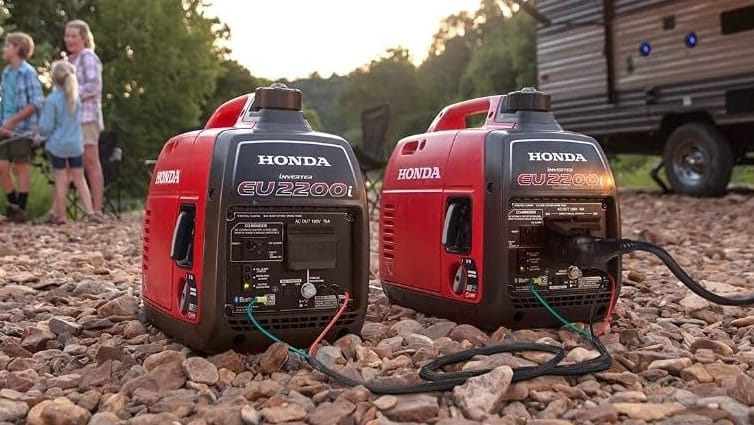
Propane is another popular fuel option that many generator owners love. It burns cleaner than gasoline, producing fewer emissions, which is great for the environment. Plus, propane has an almost indefinite shelf life, so you don’t have to worry about it going stale in your storage.
When it comes to runtime, propane generators generally last between 8 and 10 hours on a 20-pound tank, depending on the load. The runtime can vary based on how much power your generator needs to supply. If you plan to use your generator for extended periods, propane might be the better choice due to its consistent performance and ease of storage .
e Heavy-Duty Workhorse
Diesel generators are known for their durability and efficiency. They’re commonly used in commercial applications but can also be great for home use. Diesel fuel has a high energy density, which means it provides more power per gallon compared to gasoline or propane.
On average, a diesel generator can run continuously for 12 to 24 hours on a full tank, making them excellent for long-term power needs. They are particularly useful during emergencies or when you require significant power output over extended periods. However, keep in mind that diesel generators tend to be heavier and more expensive than their gasoline and propane counterparts .
Dual Fuel of Both Worlds
If you can’t decide between gasoline and propane, why not have both? Dual-fuel generators allow you to switch between fuel types. This flexibility can be a lifesaver, especially during emergencies when one fuel type might be in short supply.
In terms of runtime, dual-fuel generators can vary significantly depending on which fuel you choose and how much load you’re running. For example, they may run for about 10 hours on gasoline and around 12 hours on propane. The key benefit here is that you can choose the fuel that’s most accessible or cost-effective at the time .
How Fuel Quality Atime
Now that we’ve covered the different types of fuel, it’s important to mention fuel quality. Poor-quality fuel can cause engine issues and significantly reduce your generator’s runtime. Always use high-quality fuel and keep it clean to ensure your generator runs smoothly. Additionally, routine maintenance checks on your fuel system can prevent clogs and inefficiencies, ultimately extending how long your generator can run continuously .
Gasoline is convenient but has a short shelf life, while propane offers clean-burning benefits and indefinite storage. Diesel is great for heavy-duty needs with longer runtimes, and dual-fuel options provide the flexibility of both worlds. By understanding these fuel types and their characteristics, you can make an informed decision that best fits your needs, ensuring your generator is always ready for action!

Load Management: Balancing Power Needs
When it comes to running your generator effectively, load management is crucial. You might be asking, “How long can a generator run continuously?” Well, the answer often depends on how well you manage the loads you place on it. Understanding the balance between your power needs and your generator’s capabilities can make all the difference. So, let’s explore some essential tips on managing your generator’s load to maximize its runtime!
Understanding Your Power Requirements
The first step in effective load management is knowing your power requirements. You need to figure out how much electricity each appliance or device you want to use consumes. Every device typically has a wattage rating listed somewhere on it, often on a label or in the manual. For example, a standard refrigerator might require around 700 watts, while a space heater can draw up to 1500 watts.
To simplify your life, create a handy list of your essential devices and their wattage. This will help you quickly calculate the total power needed to run everything at once. If you’re unsure of the wattage for specific appliances, many online calculators can help you estimate these values. Remember, the total wattage must not exceed your generator’s output rating. By keeping track of your devices, you ensure that your generator can run continuously for the longest time possible.
Starting vs. Running Watts
Another crucial concept to grasp is the difference between starting watts and running watts. Many appliances require extra power to start up, which is often referred to as surge or starting wattage. For instance, a refrigerator might need 1200 watts to start but only 700 watts to keep running. This little detail can lead to a lot of confusion if you’re not careful.
So, when planning what to run, make sure to account for these power spikes. Always check the starting wattage of your most demanding appliances. If the total wattage you require exceeds your generator’s capacity, you’ll need to prioritize which appliances to run. Balancing your load can significantly extend how long your generator can run continuously, helping you avoid frustrating interruptions.
Prioritizing Your Loads
When the lights go out, it’s tempting to want to power everything at once. However, prioritizing your loads can be a game changer. Focus on the essential devices first, like your refrigerator, lights, and any medical equipment that you rely on. These items are your lifeline during an outage.
You can create a prioritized list of your devices and run the most important ones first. Once you feel comfortable, you can gradually add non-essential items like your entertainment system or tools, as long as you stay within your generator’s limits. Being strategic about what you power will ensure that your generator runs continuously for as long as you need it to.
Using a Load Management Device
If manual load management sounds too complicated, consider investing in a load management device. These gadgets help distribute power more effectively and can even prevent overloads by monitoring your generator’s output. With a load management device, you can automatically adjust the power supply to various outlets based on the current load.
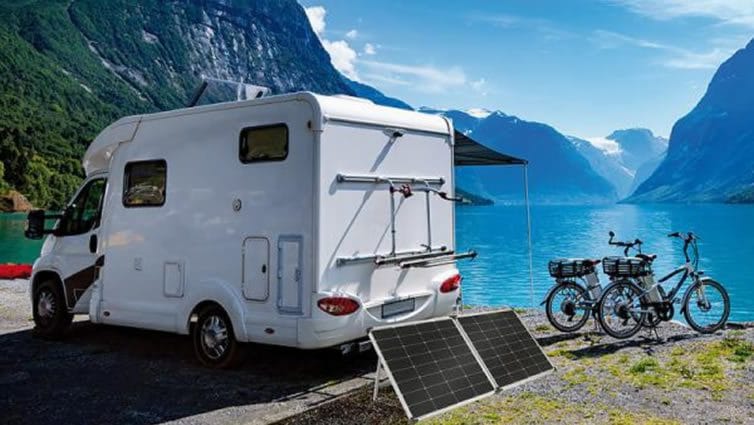
Many modern generators come with built-in load management features. If you’re considering a new generator, look for this capability. It can save you a ton of time and hassle, allowing you to focus on enjoying your powered appliances rather than worrying about whether you’re going to blow a fuse.
Regular Monitoring of Your Power Use
Finally, regular monitoring of your power usage is essential for effective load management. Some generators have built-in displays showing current wattage usage, helping you stay informed about your power consumption. If your generator doesn’t have this feature, you can use a power meter to keep track.
By keeping an eye on how much power you’re using, you can make adjustments as needed. For example, if you notice you’re getting close to your generator’s limit, it might be time to shut down a non-essential device. This proactive approach not only extends your generator’s runtime but also enhances its overall performance.
Effective load management is vital for understanding “how long can a generator run continuously.” By familiarizing yourself with your power requirements, recognizing the difference between starting and running watts, prioritizing your loads, and using load management devices, you can significantly enhance your generator’s efficiency. Regular monitoring will keep your power needs in check, ensuring that you have reliable power when you need it most. With these tips, you can keep the lights on and the good times rolling!
How Long Can a Generator Run Continuously Maximizing Efficiency
To ensure your generator runs efficiently and effectively, regular maintenance is key. A well-maintained generator can run continuously for longer periods, making your life easier during power outages or outdoor adventures. Here are some simple yet effective maintenance tips to help you maximize your generator’s efficiency and lifespan.
Regular Oil Changes
One of the simplest maintenance tasks you can perform is changing the oil regularly. Just like your car, your generator relies on clean oil to function properly. Over time, oil becomes dirty and thick, making it less effective at lubricating the engine. As a rule of thumb, check your owner’s manual for specific oil change intervals, but a good starting point is every 50 to 100 hours of use.
Make sure to use the type of oil recommended for your generator model. If you’re unsure, consult the manual or ask at your local hardware store. When changing the oil, don’t forget to replace the oil filter as well. This small step can prevent damage and keep your generator running smoothly. You wouldn’t want your generator to struggle to function when you need it most!
Clean or Replace Air Filters
Air filters play a crucial role in your generator’s performance. They prevent dust and debris from entering the engine, which can cause overheating and reduce efficiency. Checking and cleaning your air filter should be part of your routine maintenance. Depending on usage and environmental conditions, you might need to do this every 20 to 50 hours.
If the filter is too dirty to clean, replacing it is an easy and inexpensive solution. A clean air filter allows your generator to breathe easier, ensuring optimal performance. Remember, when air filters are clogged, it can hinder airflow, which may impact how long your generator can run continuously. So, keep an eye on those filters!
Inspect the Fuel System
The fuel system is another vital area that requires regular attention. Stale fuel can lead to problems such as difficulty starting and poor performance. To keep your generator in tip-top shape, check the fuel for any signs of contamination or water. Ideally, you should use fresh fuel, especially if your generator has been sitting for a while.
Consider adding a fuel stabilizer if you plan to store your generator for an extended period. Fuel stabilizers help prevent fuel degradation, ensuring your generator is ready to go when you need it. Also, regularly inspect the fuel lines for any cracks or leaks. A small leak can lead to significant problems down the road, impacting efficiency and safety.
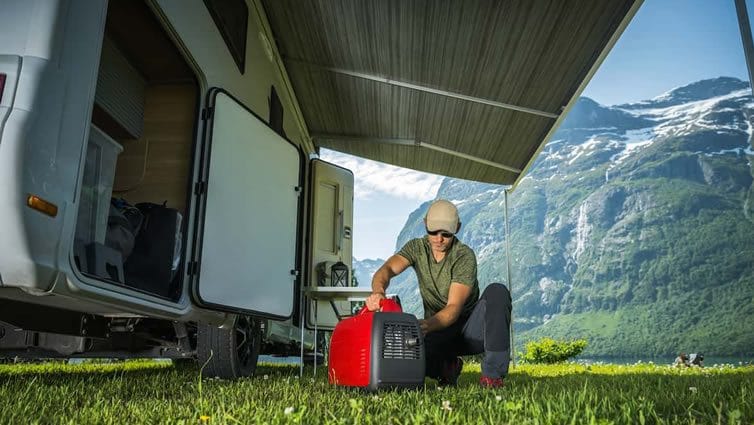
Keep it Clean
Keeping your generator clean is often overlooked but is essential for its maintenance. Dirt and grime can accumulate over time, which can lead to overheating and reduced efficiency. Regularly wipe down the exterior with a damp cloth to remove dirt and debris. Pay special attention to the vents and cooling areas; any blockages can hinder airflow and lead to overheating.
Also, make sure to store your generator in a clean, dry area when not in use. A well-maintained storage environment protects your generator from unnecessary wear and tear. When you’re ready to use it again, a quick cleaning will ensure that it’s ready to perform at its best.
Battery Care
If your generator has a battery, keeping it charged and well-maintained is crucial. A dead battery can leave you in the lurch when you need power the most. Check the battery connections regularly for corrosion or dirt. Clean them with a wire brush if necessary to ensure a solid connection.
Additionally, make sure to check the fluid levels in the battery, if applicable. If your generator has a maintenance-free battery, ensure it’s still within the recommended charge levels. Consider using a battery tender if your generator will be stored for long periods. A battery tender keeps the battery charged and ready for action, helping to maximize how long your generator can run continuously.
Scheduling Professional Maintenance
While you can handle many maintenance tasks yourself, scheduling professional maintenance is a wise move. Technicians can perform a thorough inspection, ensuring that everything runs smoothly. They can identify issues that you might not notice, which can save you time and money in the long run. Depending on how often you use your generator, consider scheduling professional maintenance once a year.
Regular check-ups can enhance your generator’s longevity and performance, making it a smart investment. You wouldn’t skip a doctor’s visit, so don’t skip a check-up for your generator. Keeping it healthy ensures that it will be there for you when you need it.
Regular maintenance is vital to maximizing your generator’s efficiency and lifespan. By following these tips, you can enhance its performance and extend how long it can run continuously. From changing the oil to keeping the air filters clean, every little effort counts. A well-maintained generator is not just a backup power source; it’s peace of mind when the lights go out. So, roll up your sleeves and give your generator the love it deserves!
Environmental Conditions and Their Effects
When it comes to how long a generator can run continuously, environmental conditions play a huge role. These conditions can affect everything from fuel efficiency to the generator’s overall performance. By understanding how your generator interacts with its surroundings, you can optimize its use and ensure it serves you well when needed most.
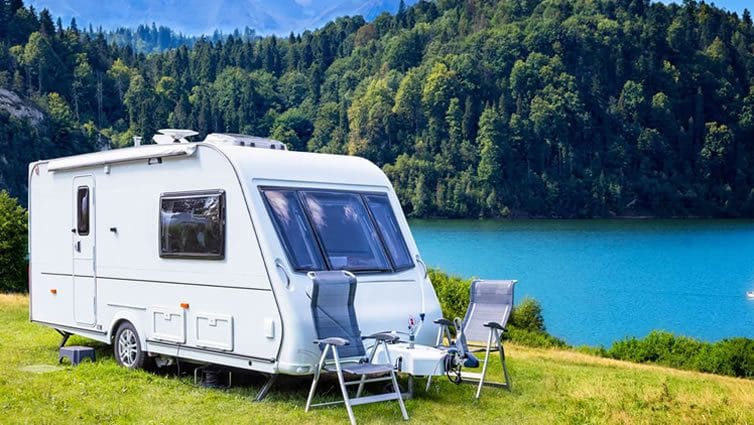
How Long Can a Generator Run in Extreme Temperature
You might wonder How Long Can a Generator Run in Extreme Temperature right ? Well extreme temperatures can significantly impact your generator’s performance. If it’s too hot, the engine may overheat, which can reduce its efficiency. Conversely, very cold temperatures can thicken the oil, making it harder for the generator to start. This means it’s essential to consider the climate in your area when planning to run your generator.
During hot summer months, make sure your generator is in a shaded area to keep it cool. If you’re using it in winter, ensure you’re using the right oil for low temperatures. Some generators even have winter kits available. These kits often include oil heaters to keep the engine warm and ensure easy starts in frigid conditions.
Humidity Levels
Humidity can also have a noticeable effect on how long a generator can run continuously. High humidity levels can cause moisture to build up inside the generator, which can lead to rust and corrosion. If you live in a humid climate, it’s a good idea to store your generator in a dry place when not in use. Consider investing in a dehumidifier for the storage area, which can help maintain the right conditions.
Additionally, if you’re using your generator in a humid environment, make sure to check the air filter frequently. A clogged air filter can reduce airflow and impact performance, making it harder for the generator to work efficiently. This could potentially shorten its runtime when you really need it.
Altitude Considerations
Did you know that the altitude at which you operate your generator can affect its performance? As you ascend to higher altitudes, the air becomes thinner. This means less oxygen is available for combustion, which can cause your generator to work harder to produce the same amount of power. If you’re at a higher elevation, it’s essential to adjust your expectations regarding how long your generator can run continuously.
Some generators come with altitude adjustment settings. If you’re frequently at high altitudes, consider purchasing one that has this feature. This will help optimize the fuel-to-air ratio, ensuring that your generator runs as efficiently as possible, regardless of your elevation.
Dust and Debris
Another environmental factor to consider is the presence of dust and debris. If you live in a particularly dusty area, your generator might require more frequent maintenance. Dust can clog air filters and exhaust systems, leading to reduced efficiency and potential overheating.
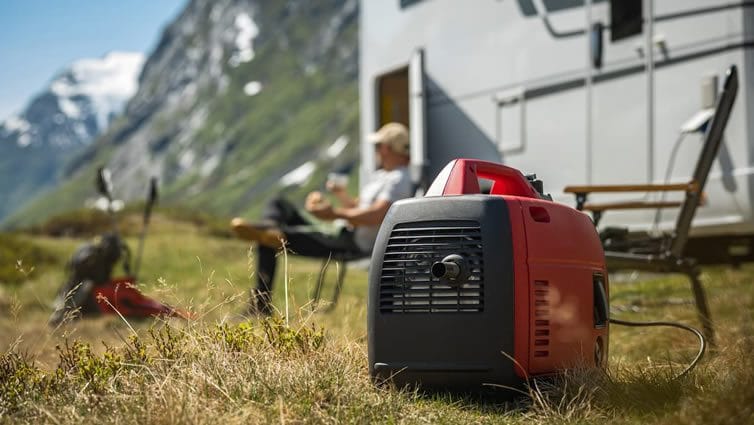
Make sure to place your generator on a clean surface, away from dust and dirt. You might also consider a cover designed for outdoor use. A good cover can shield your generator from environmental elements, ensuring that it stays clean and runs smoothly. Regularly inspect and clean the air filter to avoid performance issues.
Seasonal Considerations
Seasonal changes can also impact how long a generator can run continuously. During heavy storms, for instance, your generator may need to work harder to maintain power. It’s wise to prepare for these situations in advance. Make sure you have enough fuel on hand and that your generator is in optimal condition before the storm season begins.
In colder months, be aware that snow or ice can accumulate on your generator. This can hinder airflow and impact its ability to function correctly. Regularly clear away snow and ice to ensure your generator remains in good working condition.
Environmental conditions have a significant impact on how long a generator can run continuously. From temperature extremes to humidity levels, each factor can affect performance and efficiency. Understanding these effects allows you to take proactive steps to optimize your generator’s operation.
By considering the climate and environment where you use your generator, you can help ensure it performs at its best. So, whether you’re prepping for a storm or just enjoying a weekend camping trip, knowing how environmental factors impact your generator can lead to a more enjoyable and stress-free experience!


